Professor Brahim Al-Ahmadi, a medicine scholar from Morocco’s southern provinces, said that the Academy embodies Morocco’s values of sharing and solidarity with African nations.
In a statement to MAP, Al-Ahmadi stressed that the Kingdom is committed to strengthening South-South cooperation in various fields, including health, noting that the Academy aims to create a platform for scientific exchanges and to respond to health challenges and potential crises.
This institution, he said, will play a major role by having competent human capital and proven scientific executives to address health challenges in the continent.
Referring to Morocco’s initiatives in Africa in the field of health, Al-Ahmadi underlined that “this action is not isolated and was preceded by other initiatives within the framework of South-South cooperation, including the construction by Morocco of several hospitals in African countries”.
These include the Mohammed VI perinatal clinic in Bamako, the development of a pharmaceutical industry aimed at achieving autonomy in the production of vaccines, the training of African executives in African universities and the construction of the African Academy of Health Sciences.
For his part, the Founding President of the International Network of Medical and Scientific Competences of Moroccans abroad (C3M), Samir Kaddar, stressed that the African Academy of Health Sciences will focus on three areas: scientific research and innovation, clinical care and continuous education.
These areas, he added, are likely to establish continuity in the levels of care, training and scientific research in brotherly African countries.
Regarding the choice of Dakhla to host this Academy, Kaddar stated that “it is a city that we love and that we will love even more because it will host this Academy and will therefore be the capital of innovation and health sciences in Africa”.
Yankuba Gassama, former Gambian Minister of Health, hailed the “noble” initiative of creating the African Academy of Health Sciences, which will promote scientific research, health services and training of African executives.
“We have all come to this beautiful city of Dakhla and we must come together as Africans and see how we can bring together our scientists and solve our problems ourselves and, therefore, create African leadership in the field of health, promote health sovereignty and build South-South cooperation in the health field”, he pointed out.
“We have a lot to learn from Morocco in the field of South-South cooperation. It is a noble idea and a noble African enterprise,” he concluded.
For his part, the former Senegalese Minister of Health, Abdou Fall, stressed that Morocco has shown solidarity with the countries of the continent during the Covid-19 pandemic.
Africa manufactures less than 2% of its medicines, Fall recalled, advocating for the development of partnerships and intra-African South-South collaboration.
Referring to the challenges facing African countries, he stressed the importance of focusing on digital technology in the field of health, calling for reinventing tomorrow’s health to meet the needs of the continent’s populations.
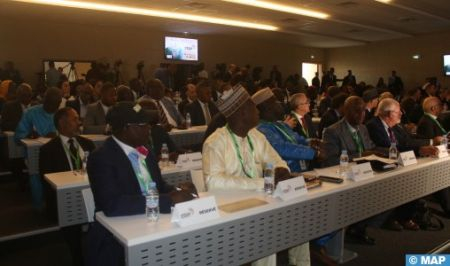
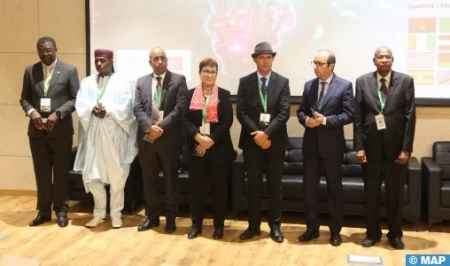
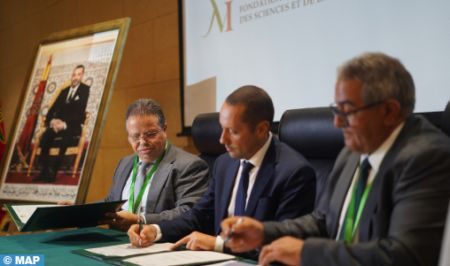
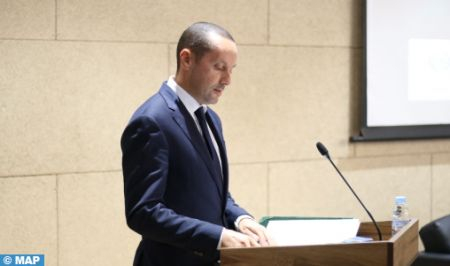
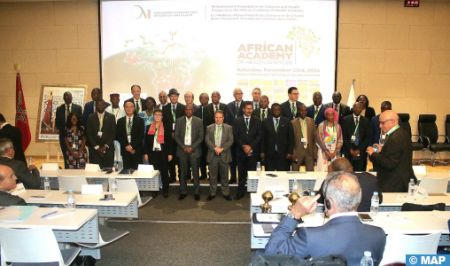
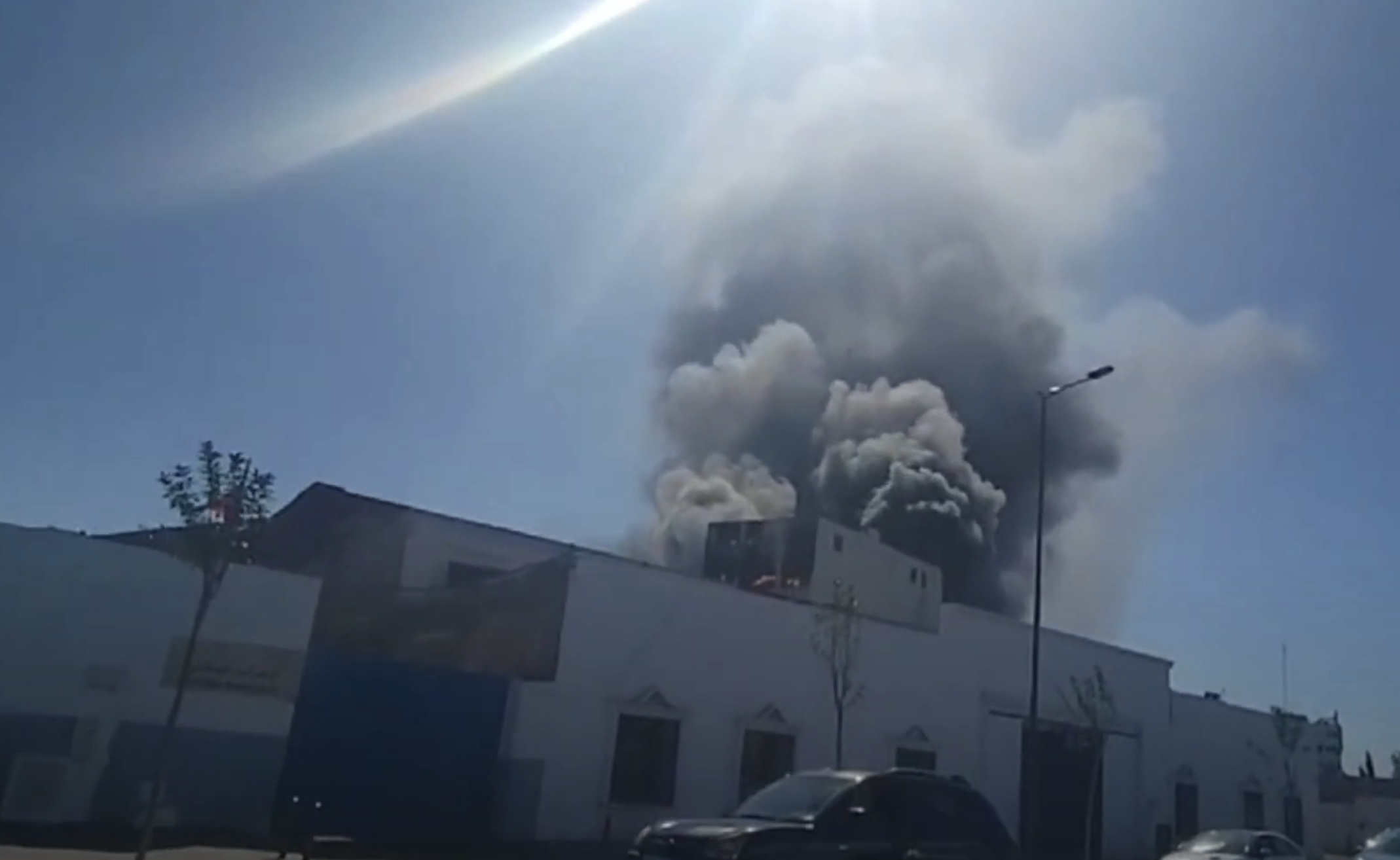


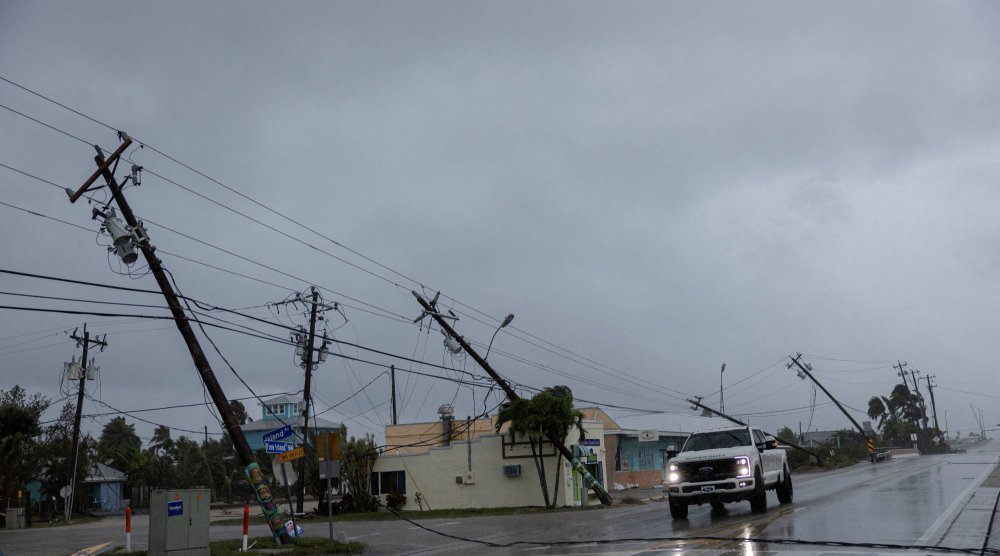


Comments
0